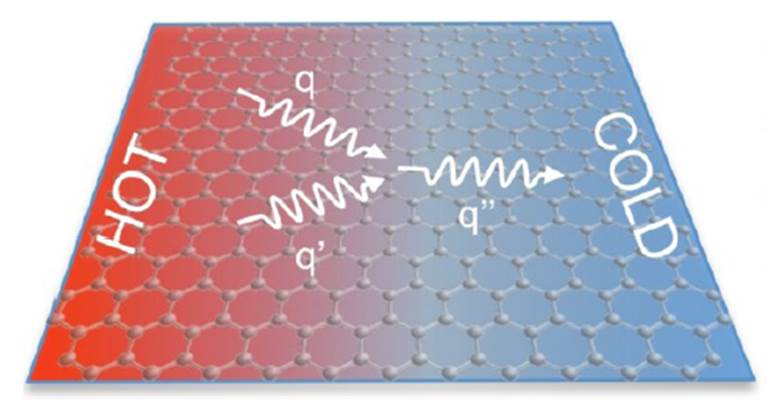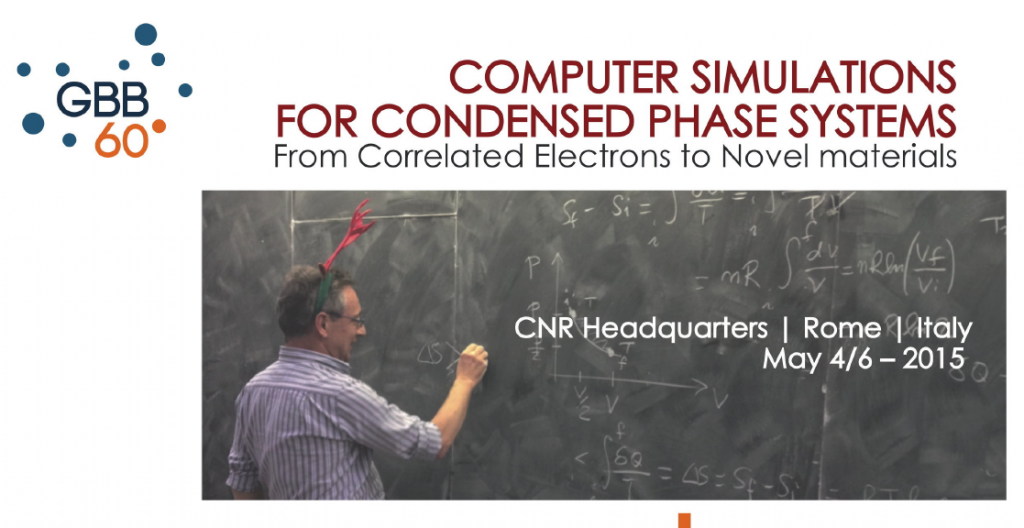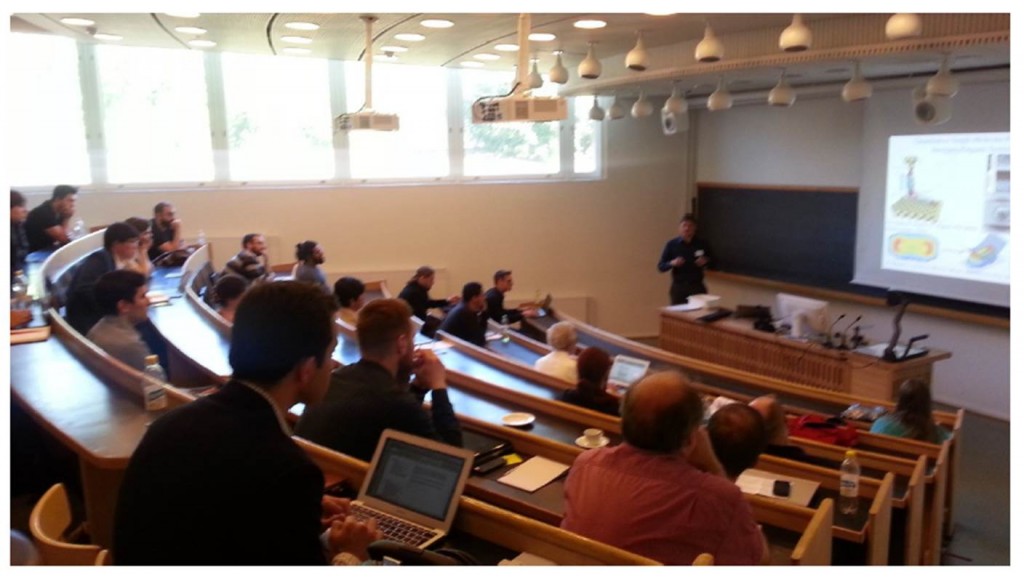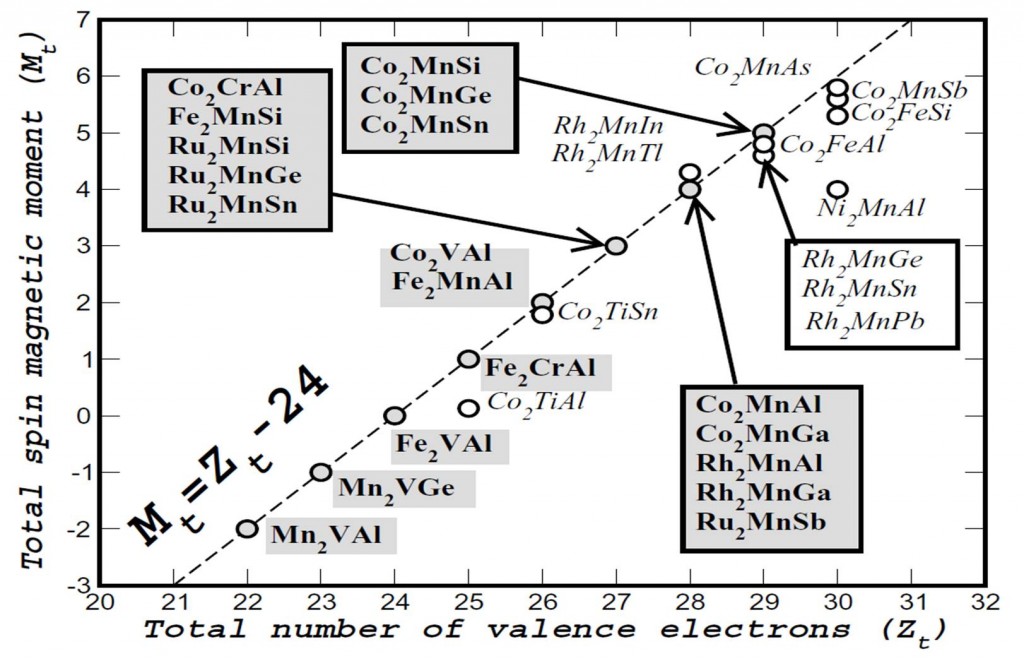October 2015 Highlight – 2015 Psi-k Conference
We dedicate this issue of the Psi-k Newsletter to the 2015 Psi-k Conference. We provide a brief overview of the conference, some photos of the event, a breakdown of the origins of the conference attendees, and a series of short personal reflections by a few researchers who very kindly took the time to provide their impressions. We also provide a copy of the full scientific program at the end, and include a section about the Volker Heine Young Investigator Award and its associated symposium.
Deadline for 2016 Workshop Proposals – 16 October!
Please note – the deadline for submitting workshop proposals for 2016 is this Friday – 16 October.
Full details and instructions for submitting your proposals, plus templates, can be found in this announcement.
Call for Psi-k Workshop Proposals for 2016
Herewith we solicit for proposals for workshops, small conferences, hands-on tutorials and summer schools in the field of electronic-structure theory and calculations to be held in 2016, to be partially funded by the Psi-k Network.
The deadline for Psi-k Proposals 2016 is Friday, October 16, 2015.
Proposal Templates… WORD Document / PDF Document
Continue reading Call for Psi-k Workshop Proposals for 2016
Advanced thermoelectrics at nanoscale: from materials to devices
Scientific report on the “Advanced thermoelectrics at nanoscale: from materials to devices” workshop.
Paris, France
July 7th – July 10th 2015
View the full report here.
Thermoelectric nanomaterials, whose combination of thermal, electrical, and semiconducting properties allows them to convert heat into electricity, are expected to play an increasingly important role in meeting the energy challenge of the future. Major advances in this field strongly depend on our fundamental understanding of heat and charge carrier transport and on the ability of finding new strategies to design and fabricate high efficiency thermoelectric devices and circuits. Despite of the substantial advances in the description of thermal and electronic dynamics in bulk materials, the extension of transport bulk theory to nanostructures, is still under development. One of the main problems in modeling the nanostructures for thermoelectrics is the fact that they usually have complex compositions and structures. To these complex structures, usually, several external elements are added to improve either the thermoelectric properties and to become functional elements of devices and circuits. The final material is hence a quite complex object whose phononic and electronic structure is unknown. Continue reading Advanced thermoelectrics at nanoscale: from materials to devices
Computer Simulations of Condensed Phase Systems – From Correlated Electrons to Novel Materials
Scientific report on the conference “Computer Simulations of Condensed Phase Systems – From Correlated Electrons to Novel Materials”
Rome, Italy
June 4th – June 6th 2015
View the full report here.
The workshop “Computer simulations for condensed phase systems: from correlated electrons to novel materials” took place in Rome, at the headquarters of the CNR (Italian National Research Council) , on the 4th and 5th of May 2015. It was meant as a celebration of Giovanni Bachelet’s 60th birthday, organized by several of his former students who are currently active in the field of electronic structure calculations. Continue reading Computer Simulations of Condensed Phase Systems – From Correlated Electrons to Novel Materials
Theory of metal atoms, clusters and nanoparticles interacting with organic matter
Scientific report on the conference “Theory of metal atoms, clusters and nanoparticles interacting with organic matter”
Helsinki, Finland
June 10th – June 12th 2015
View the full conference report here.
Due to recent progress in nano-fabrication there is a large, growing interest in stabilized metal-organic hybrids. However, at present not many computational ab-initio studies have been performed and they are scattered across different fields and communities. The workshop goal was then to address current challenges and successful methods to study the electronic properties of organo-metal nanocomposites bringing together leading scientists working both on ground and excited state electronic properties of organic stabilized metal complexes.
Continue reading Theory of metal atoms, clusters and nanoparticles interacting with organic matter
Nothing is perfect – the quantum mechanics of defects
Scientific report on the conference
“Nothing is perfect – the quantum mechanics of defects”
Ascona, Monte Verità
April 26th – April 29th 2015
View the full conference report here.
Topic and goal of the conference
In recent years we have been observing huge progress in first principles defect science. However, due to the widespread interest in defects, new developments have been disconnected with little crosstalk between the various disciplines and communities. In our experience, defects are typically discussed at topical conferences on specific materials or material classes. It was our aim to change this state of affairs with our proposed workshop.
By pooling expertise in a single event we intended to provide a unique opportunity for assessing the current state of the field. We have brought together a representative selection of distinguished researchers in defect science. In oral presentations, the invited speakers have addressed the different aspects of the grand challenges at stake in the modelisation of defects. Ample discussion time has been reserved after each presentation to reflect on the immediate challenge and its ramifications. In addition, we have organized a round table discussion, in which general interest topics that do not fit the regular scientific talks have been discussed.
Continue reading Nothing is perfect – the quantum mechanics of defects
Scientific Highlight of the Month – April 2015
Theory of Heusler and Full-Heusler Compounds
Iosif Galanakis
Department of Materials Science, School of Natural Sciences, University of Patras, GR-26504 Patra, Greece
Abstract
Spintronics/magnetoelectronics brought at the centre of scientific research the Heusler and full-Heusler compounds, since several among them have been shown to be half-metals. In this review we present a study of the basic electronic and magnetic properties of both Heusler families; the so-called semi-Heusler alloys like NiMnSb and the full-Heusler alloys like Co2MnGe (usual full-Heuslers), Mn2CoAl (inverse full-Heuslers) and (CoFe)MnAl (LiMgPdSn-type full-Heuslers). First-principles calculations are employed to discuss the origin of the gap which is fundamental for the understanding of their electronic and magnetic properties. For half-metallic Heusler compounds the total spin magnetic moment Mt scales linearly with the number of the valence electrons Zt in the unit cell. These simple rules connect directly the magnetic to the electronic properties opening the way to engineer new half-metallic alloys with ”à la carte” magnetic properties such as the quaternary half-metals, the so-called half-metallic antiferromagnets, magnetic semiconductors or even the more exotic spin-gapless semiconductors. Finally, special topics like exchange constants, defects, vacancies, surfaces and interfaces are being discussed.
April workshops…
Perspectives of many- particle methods: Total energy, spectroscopy and time-dependent dynamics – 20 to 24 April – University of Bremen, Germany
Nothing is Perfect: The Quantum Mechanics of Defects – 26 to 29 April – Ascona, Switzerland
7th ABINIT Developer Workshop – 28 to 30 April – Liege, Belgium

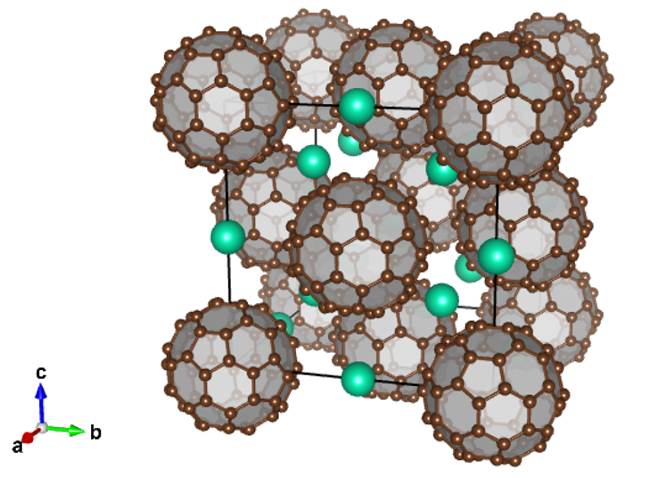

 Read the full highlight here
Read the full highlight here